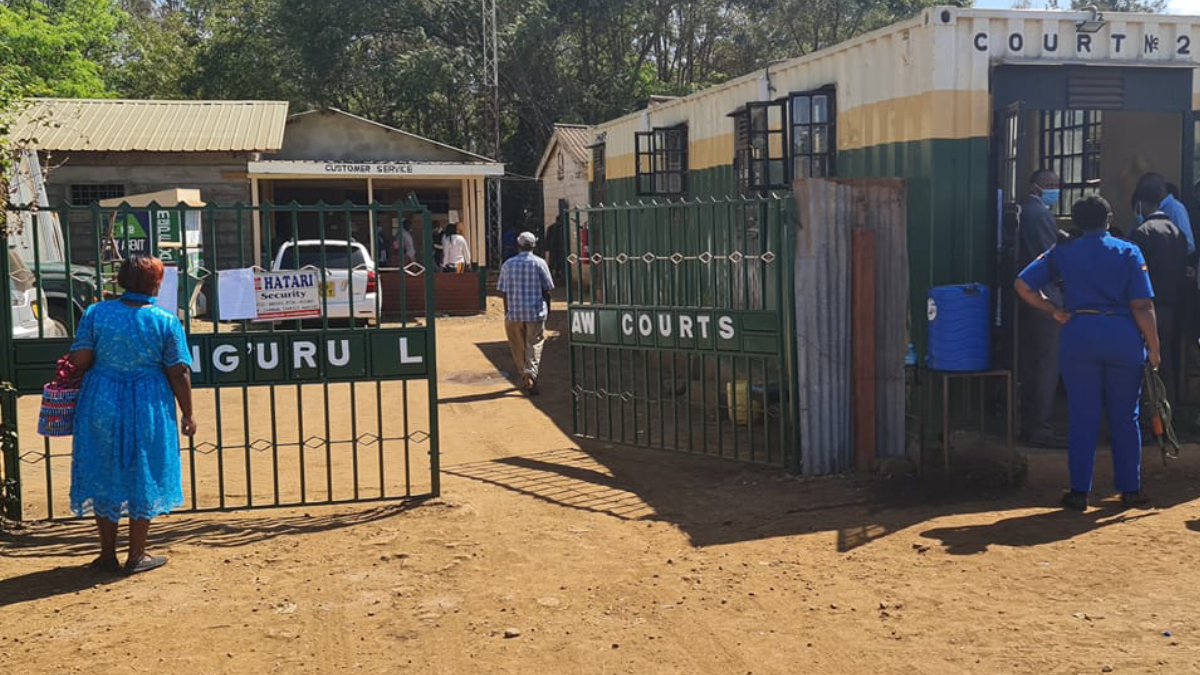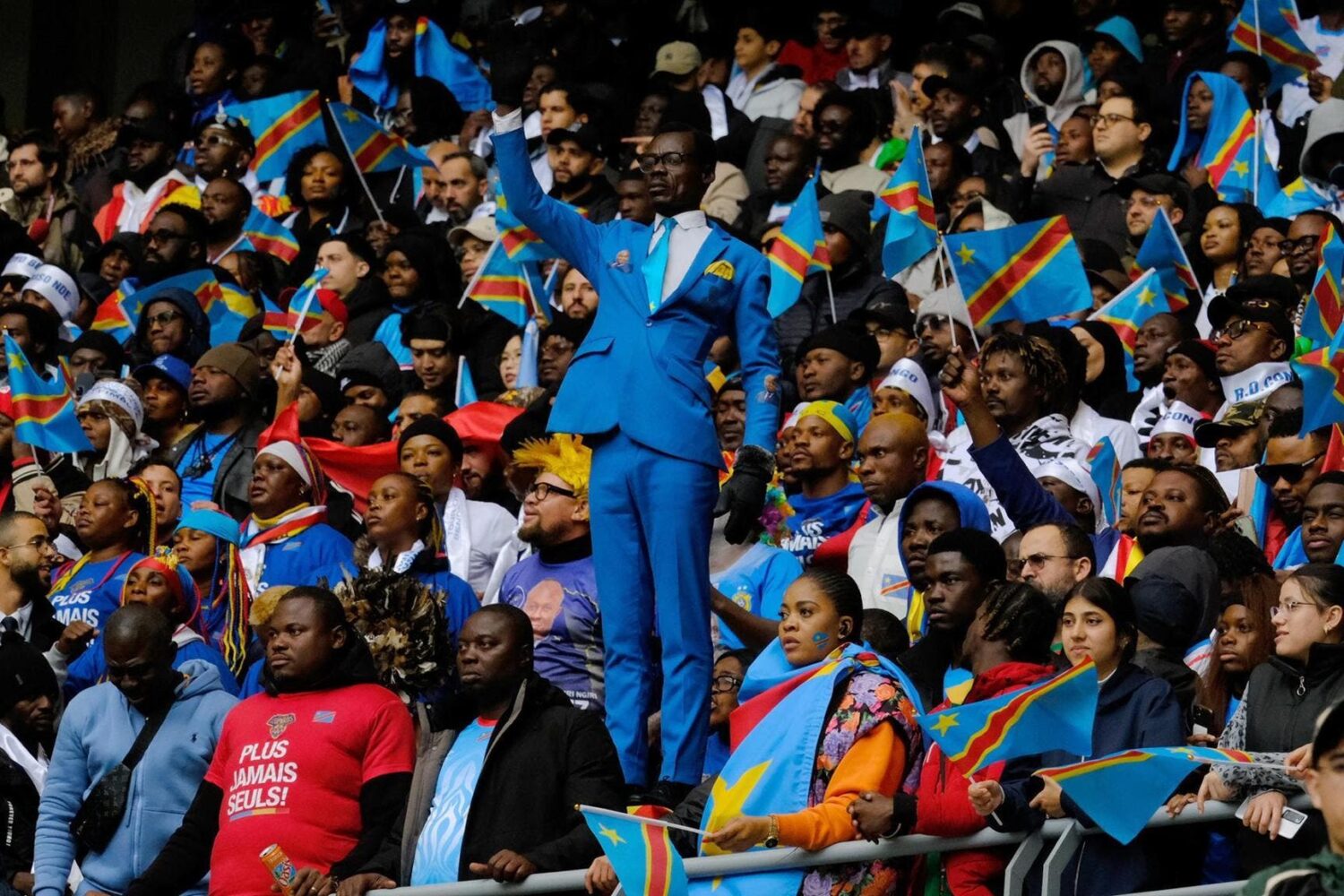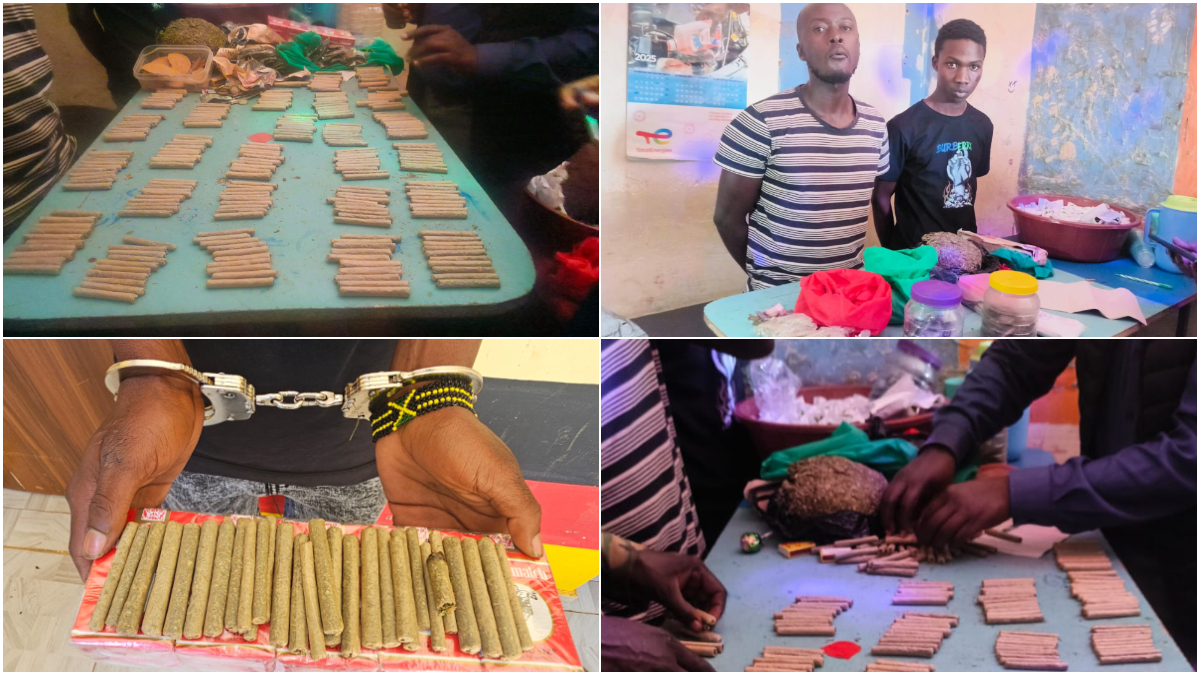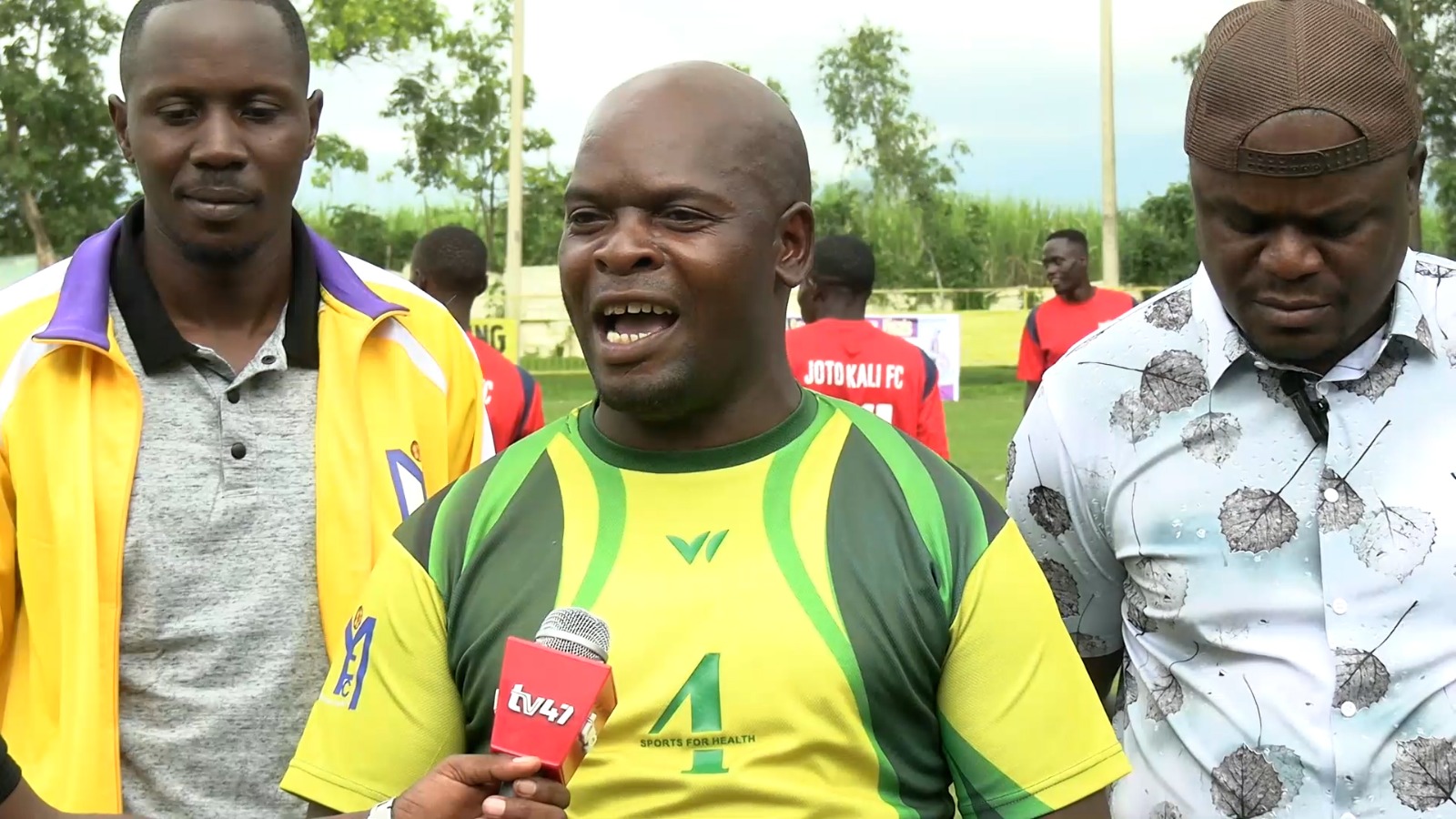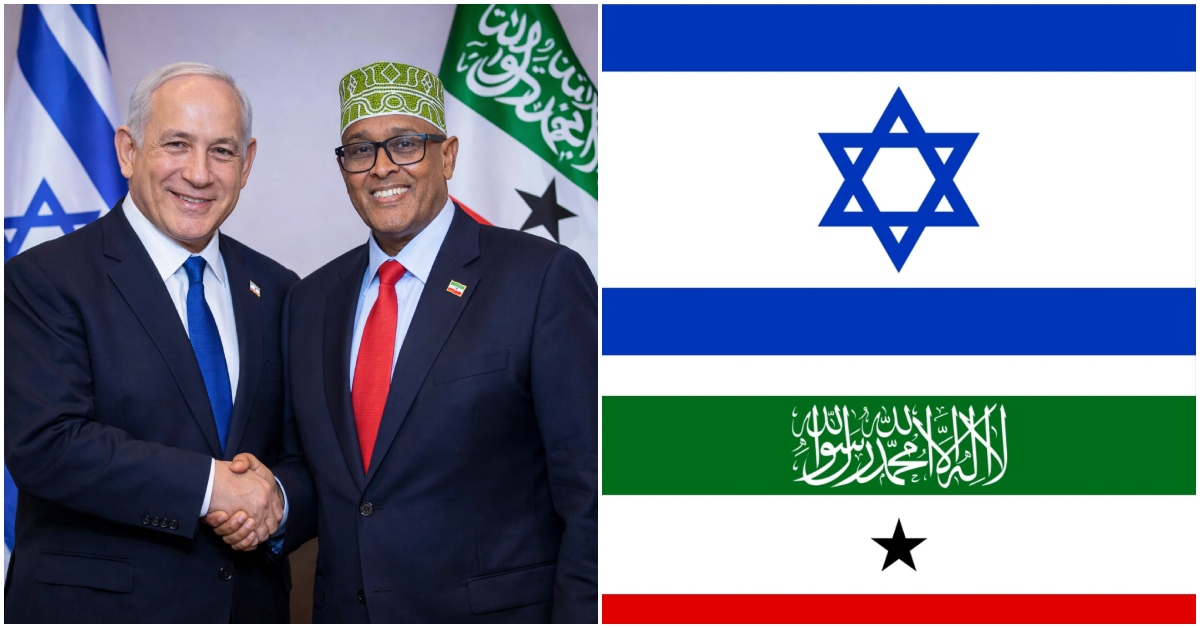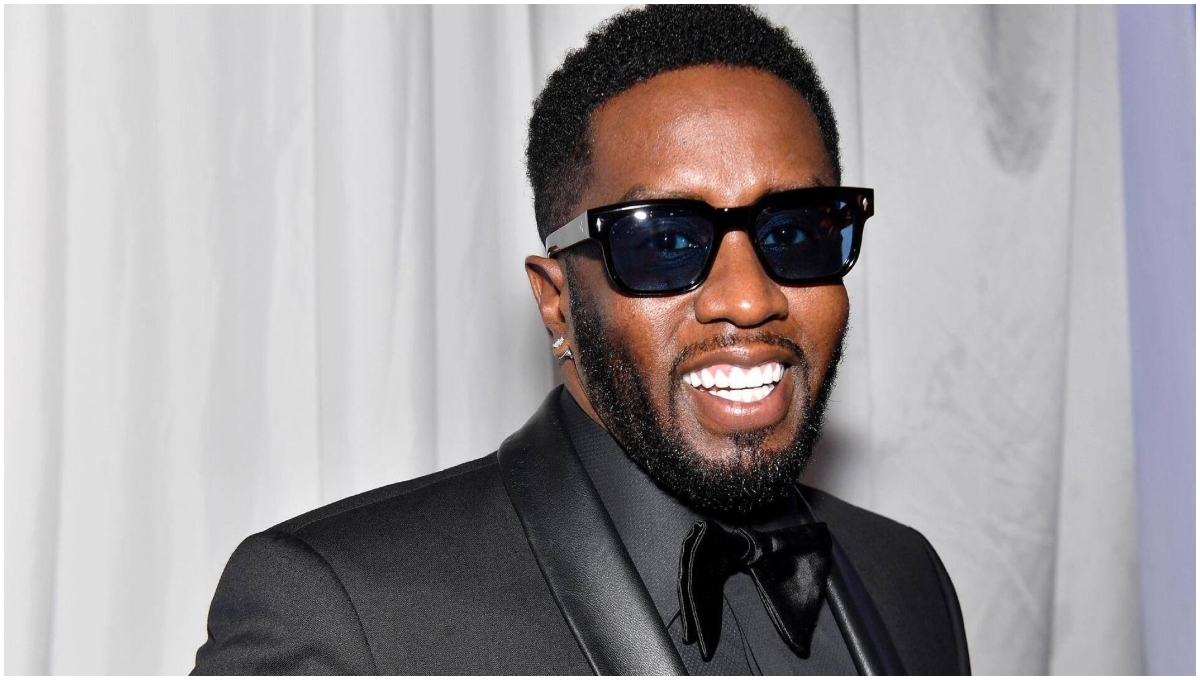The 2nd General Assembly Congress of Aquaculture for Africa (ANAF) kicked off in Naivasha on Monday, January 15 with more than a hundred delegates from all African states and representatives from regional economic communities attending.
Also present during the three-day continental event that has been hosted by the African Union-InterAfrican Bureau for Animal Resources (AU-IBAR) are development partners drawn from the Food and Agriculture Organization (FAO) and officials from the Kenyan Government.
The meeting comes at a critical moment when the continent is reviewing its food security policies amidst major global disruption in the food supply chains.
During the meeting, various stakeholders will review ways of enhancing aquaculture development in Africa, to ensure there is sufficient fish production and empowerment of communities.
AU-IBAR Director Dr Huyam Salim said the participants will also be looking into ways of promoting Africa’s aquaculture production and ways for governments to partner with the private sector, in a bid to promote the sector and eliminate existing challenges.
“Governments’ participation in their own continental organization and developing a work programme based on their common problems bestows assurance that appropriate strategies are engaged to resolve priority issues, create wider impact and efficiently perform more effectively in its institutional roles,” Dr Salim said.
While Africa has a significant potential, she said the current aquaculture production is still low, for it to sustainably feed a growing population and provide employment and social economic development needs.
Only 600,000 people are directly employed in the sector, in a continent of more than a billion people, with Africa contributing a meager 6 percent in global fish production.
Speaking during the event, State Department of Fisheries and the Blue Economy in Kenya’s Ministry of Mining, Blue Economy and Maritime Affairs Principal Secretary Betsy Njagi said Aquaculture is a critical component of aquatic food systems.
Call for sustainable aquaculture development
In a speech read by Kenya’s Director of Fisheries Lucy Obungu, the Principal Secretary, who opened the meeting, called for sustainable and responsible development of aquaculture, within the context of the blue economy.
“It is in the above context, the Government of Kenya has embraced and placed into focus the sustainability of aquaculture in our overall national development agenda,” PS Njagis said.
“In this vein, given the importance of fish in our food baskets and in social safety nets for the majority of our citizens, I wish to implore all member states to similarly embark on promoting industry or market led-aquaculture development for food security, income and wealth creation.”
The meeting is set to provide opportunities for information sharing on critical tools for sustainable and market-led aquaculture development as well as to establish aquaculture development in the African Union member states.
Lack of quality fish feed and fingerlings
Speaking to journalists at the sideline of the event, East Africa Commission (EAC) Senior Livestock Officer David Balikowa said for the sector to thrive, there is need to address challenges such as lack of information and lack of quality fish feed and fingerlings.
“There is a huge potential for the sector to create employment and empower communities,” he said.
According to the AU-IBAR Director, the original concept for ANAF is to serve as a stand-alone continental institution providing technical backing and facilitation to the African aquaculture “subsector and continue to support aquaculture development in the continent, as an autonomous and self-reliant intergovernmental organization.”
ANAF was officially endorsed by African Ministers at the recent meeting in Addis Ababa as African Union recognized Network to support aquaculture development in Africa with its Secretariat based at AU-IBAR.
Senior Fisheries and Aquaculture Officer, FAO Regional Office for Africa Ndiaga Gueye said ANAF objectives include efforts to maximize the utilization of scarce resources for aquaculture development in Africa, fostering sustainable growth to combat poverty, ensure food security, provide employment, and promote rural development.
He pointed out that the objectives align seamlessly with FAO’s mission of achieving, “more efficient, inclusive, resilient, and sustainable agrifood systems for better production, better nutrition, better environment, and better life leaving no one behind.”
In a speech read by Dismas Mbabazi, the Fishery and Aquaculture Officer at the FAO Regional Office for Africa, Gueye said “since the 2005 Fish for All Summit, ANAF has grown into a vital force driving sustainable aquaculture development in Africa.”


